The cycle of life and death is an intricate dance that sustains ecosystems across our planet. While much attention is given to the vibrant processes of growth and reproduction, the biological breakdown of organisms after death plays an equally vital role in maintaining ecological balance. From towering trees to microscopic bacteria, every organism eventually returns to the earth, fueling new life through complex decomposition processes.
When an organism dies, its body becomes a treasure trove of nutrients waiting to be reclaimed by the ecosystem. The decomposition process begins almost immediately, with autolysis breaking down cells from within. This self-digestion releases enzymes that soften tissues, creating an inviting environment for external decomposers. The speed and pathway of decomposition vary dramatically depending on environmental factors such as temperature, moisture, and oxygen availability, creating diverse ecological outcomes across different habitats.
Scavengers typically initiate the recycling process in terrestrial ecosystems. Creatures like vultures, jackals, and carrion beetles descend upon carcasses, performing the essential first steps of disassembly. Their feeding activities tear apart large structures, exposing more surface area for microbial action. Remarkably, some scavengers have evolved highly specialized adaptations for this role. Vultures, for instance, possess stomach acid strong enough to neutralize deadly pathogens like anthrax and botulism, making them nature's ultimate sanitation workers.
As scavengers reduce the corpse to smaller pieces, detritivores take over. Earthworms, millipedes, and countless insect larvae process organic matter, breaking it down further while mixing it with soil. This mechanical fragmentation dramatically increases the surface area available for microbial colonization. The humble earthworm, often overlooked, serves as a powerful ecosystem engineer, consuming its weight in organic material daily and depositing nutrient-rich castings that enhance soil fertility.
The real magic of decomposition occurs at the microscopic level. Bacteria and fungi serve as nature's ultimate recyclers, chemically dismantling complex organic molecules into simpler compounds. Different microbial communities dominate at various decomposition stages, creating a succession as predictable as plant succession in a growing forest. Early-stage decomposers target easily accessible carbohydrates and proteins, while specialist fungi later tackle tougher compounds like cellulose, lignin, and even hair and feathers.
Aquatic ecosystems follow similar patterns but with distinct players. In ocean environments, whale falls demonstrate decomposition's ecological importance spectacularly. When a whale carcass sinks to the seafloor, it creates a temporary ecosystem that can sustain specialized communities for decades. Scavengers like hagfish and sleeper sharks initially strip the flesh, followed by crustaceans and polychaete worms consuming remaining soft tissue. Finally, sulfur-reducing bacteria break down bones, supporting chemosynthetic organisms similar to those found at hydrothermal vents.
The chemical transformations during decomposition create ripple effects throughout ecosystems. As proteins break down, they release nitrogen in forms plants can absorb. Phosphorus from bones and cell membranes becomes available for new growth. Carbon returns to the atmosphere as CO2 or becomes incorporated into soil organic matter. These nutrient flows connect all trophic levels, from soil microbes to top predators. In mature forests, up to 90% of available nutrients may be tied up in decomposing material at any given time.
Decomposition also plays a crucial role in carbon sequestration. While some carbon escapes as greenhouse gases, a significant portion becomes stabilized in soil organic matter or peat deposits. The balance between decomposition and preservation affects global carbon cycles profoundly. Wetlands, where low oxygen slows microbial activity, become carbon sinks that have stored atmospheric carbon for millennia. Understanding these dynamics grows increasingly important as we grapple with climate change.
Human societies have developed complex relationships with decomposition processes. Traditional farming systems harnessed decomposition through composting and green manure. Modern waste management struggles to replicate nature's efficiency, often disrupting natural cycles. Landfills, where organic matter decomposes anaerobically, produce methane - a potent greenhouse gas. Meanwhile, mortuary practices like embalming and metal caskets can significantly slow decomposition, potentially affecting local nutrient cycles.
Forensic scientists have turned decomposition ecology into a sophisticated tool. By studying how bodies break down under different conditions, they can estimate time of death and uncover clues about death circumstances. Body farms, research facilities where human decomposition is studied in various environments, have revolutionized forensic entomology and taphonomy. This macabre but valuable research also deepens our understanding of ecological processes.
Climate change is altering decomposition dynamics worldwide. Warmer temperatures accelerate microbial activity in some regions, potentially releasing stored carbon faster than ecosystems can reabsorb it. In Arctic areas, thawing permafrost exposes organic material frozen for millennia, creating decomposition feedback loops that may amplify warming. Changing precipitation patterns affect decomposition rates differently across biomes, with unpredictable consequences for nutrient cycling.
Conservation efforts increasingly recognize decomposition's ecological importance. Protecting scavenger populations, maintaining deadwood in forests, and preserving wetland decomposition processes all contribute to ecosystem health. The emerging field of restoration ecology often focuses on reestablishing these fundamental processes rather than just saving charismatic species. A rotting log may lack the appeal of a living tree, but its ecological value is immeasurable.
From an evolutionary perspective, decomposition has shaped life in profound ways. The need to avoid decomposition drives many defensive adaptations, from thick bark to immune systems. Conversely, decomposers have evolved sophisticated mechanisms to overcome these defenses. This arms race has persisted since life began, continuously refining ecosystems' recycling efficiency. Some scientists speculate that without efficient decomposition, life might have suffocated itself in its own waste early in Earth's history.
Modern science continues uncovering decomposition's surprising complexities. Researchers recently discovered that some fungi can decompose plastic, offering potential solutions to pollution problems. Others study how microbial communities on decomposing matter communicate through chemical signals, coordinating their breakdown efforts. Each finding reveals another layer of sophistication in what might appear as simple rotting.
The ecological wisdom embedded in decomposition processes offers valuable lessons for human sustainability. Nature wastes nothing, with every breakdown product serving some organism's needs. As we face global challenges of waste management and resource depletion, understanding and emulating these natural systems becomes increasingly urgent. The humble process that transforms death into life may hold keys to our species' long-term survival on this planet.
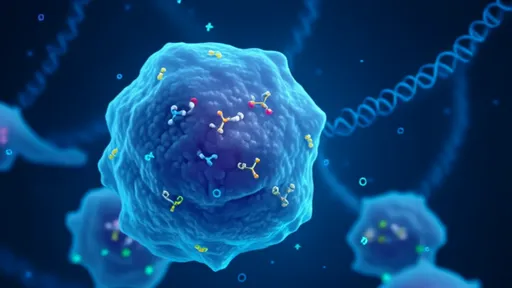
By /Jul 3, 2025
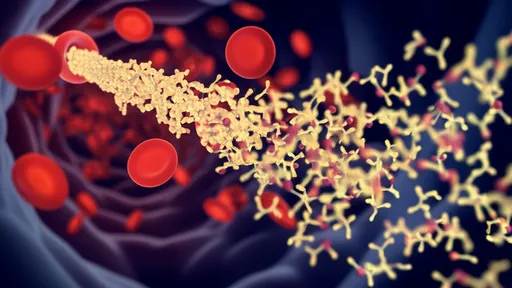
By /Jul 3, 2025
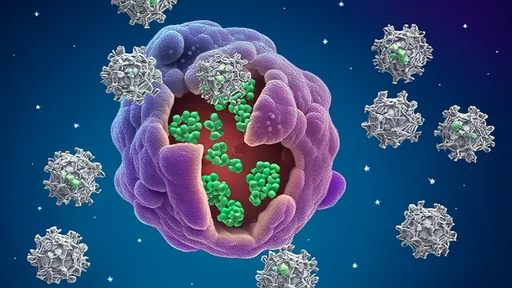
By /Jul 3, 2025
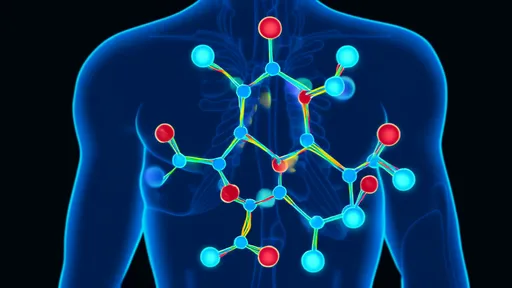
By /Jul 3, 2025
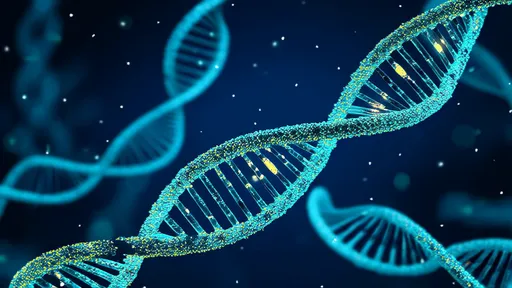
By /Jul 3, 2025
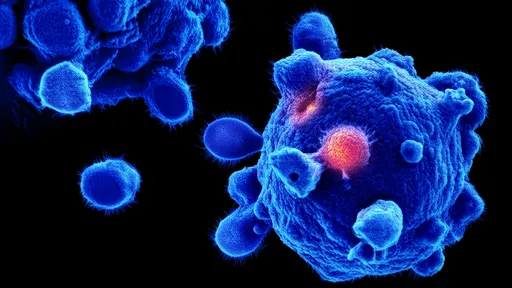
By /Jul 3, 2025
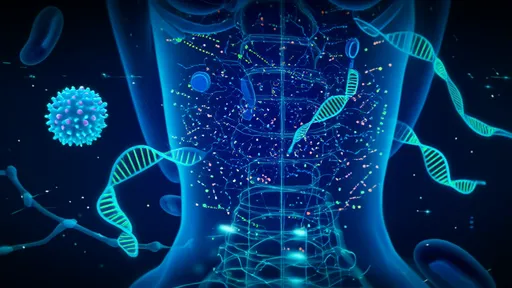
By /Jul 3, 2025

By /Jul 3, 2025
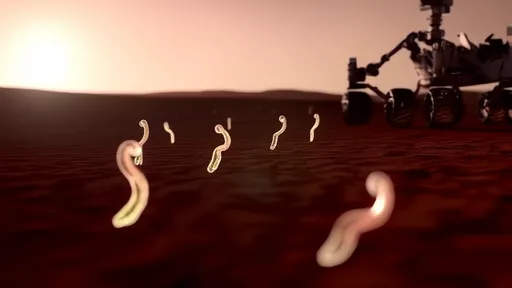
By /Jul 3, 2025

By /Jul 3, 2025

By /Jul 3, 2025
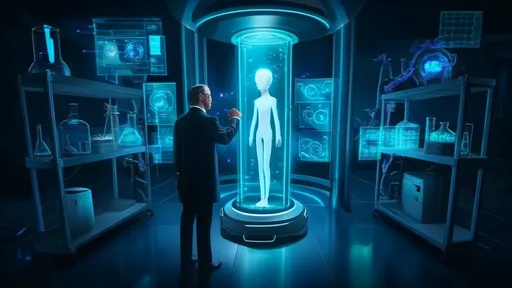
By /Jul 3, 2025
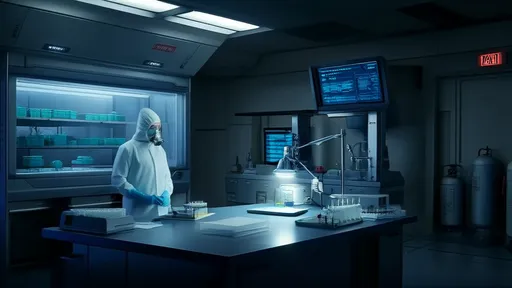
By /Jul 3, 2025
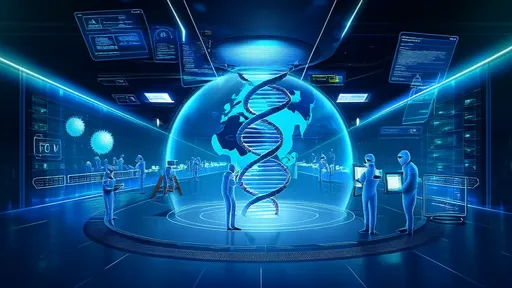
By /Jul 3, 2025

By /Jul 3, 2025

By /Jul 3, 2025
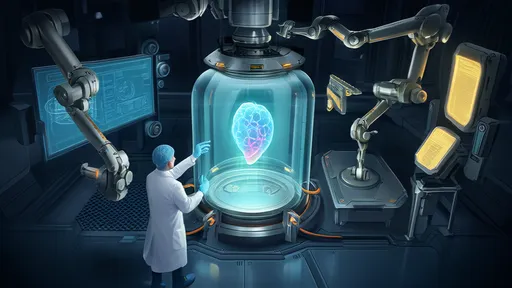
By /Jul 3, 2025
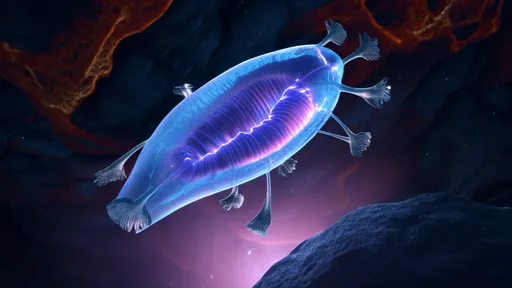
By /Jul 3, 2025
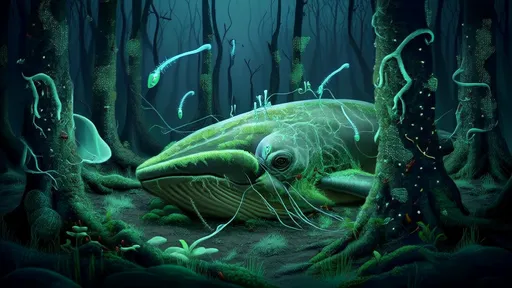
By /Jul 3, 2025

By /Jul 3, 2025